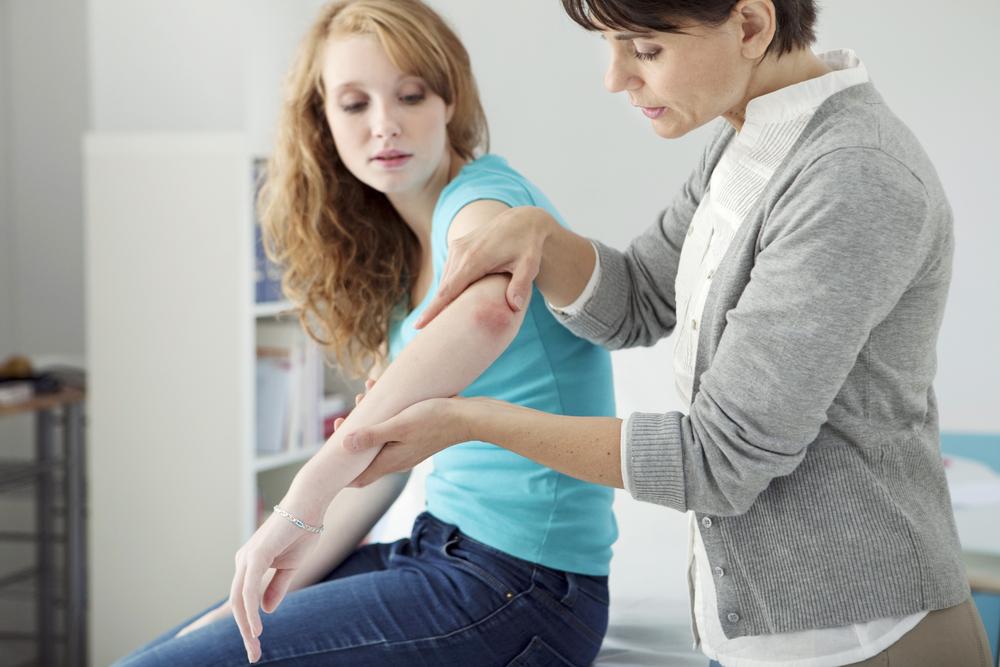Treatment of Psoriasis
Psoriasis is a common chronic skin condition that is manifested by red, brittle patches of the skin covered with silvery scales. Psoriasis is not curable, but manageable with treatment. Your doctor may direct you to an immunologist, rheumatologist, and dermatologist to help in treating your type of psoriasis. There are two ways through which psoriasis can be managed: medical treatment and natural treatment.
Medical Treatment of Psoriasis
Psoriasis can be treated medically with biologics, oral medications, topical medications, laser therapy, and phototherapy. The treatment methods vary because of several factors, such as the type of psoriasis, the age of the patient, stage of the illness, and severity of the ailment, among others.

- Biologics: Biologics are proteins and must be administered by intravenous infusion or injection through the skin. These drugs are synthesized by living cells and target the immune response because they lead to rapid psoriasis skin cell growth. They are expensive, but not as effective as other forms of treatment, as they target the immune response. Biologics are recommendable for patients diagnosed with moderate and severe psoriasis.
- Oral medications: Most oral drugs, except Soriatane, target portions of the immune responses, unlike biologics which target the entire immune response. Since a healthy immune system is essential for survival, systemic treatments have a weakness.
Natural Treatment of Psoriasis
Some patients may opt to go for natural treatment such as vitamins and herbs due to unwanted side effects and persisting psoriasis treatment. Numerous seaside resorts offer special treatment programs for psoriasis patients. For people considering natural psoriasis treatment, here’s the info on some of the popular remedies:
- Cayenne: Cayenne peppers contain capsaicin which gives heat and is used as a pain-relieving ingredient in creams and gels. Capsaicin creams have a burning sensation effect to the skin relieving skin lesions and itching.
- Dead Sea salts: Epsom salts and oilated oatmeal are bath solutions that ease itching and removes scales in patients with psoriasis. It is recommended that you mix the bath solutions in the tub, soak for approximately 15 minutes, and then apply a moisturizer after the bath. However, Dead Sea salts are not as effective as compared to cayenne.
- Fish oil: Research suggests that taking oral fish supplements with 1.8 to 3.6 grams on a daily basis brings mild improvement in psoriasis patients.
- Aloe Vera: Although topical aloe vera creams have minimal benefits, studies show that they are effective in treating some kinds of psoriasis.

